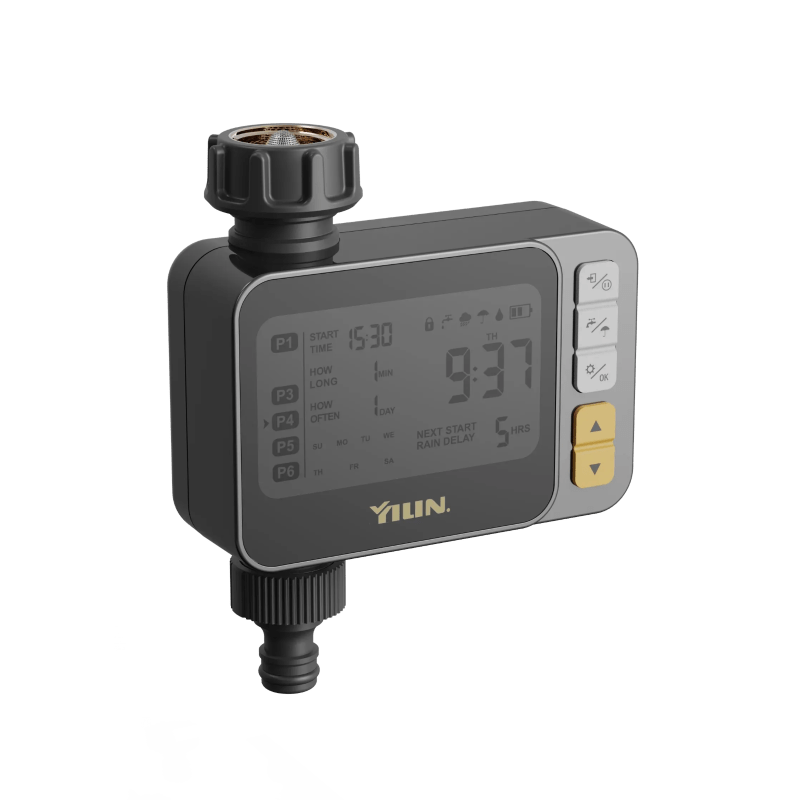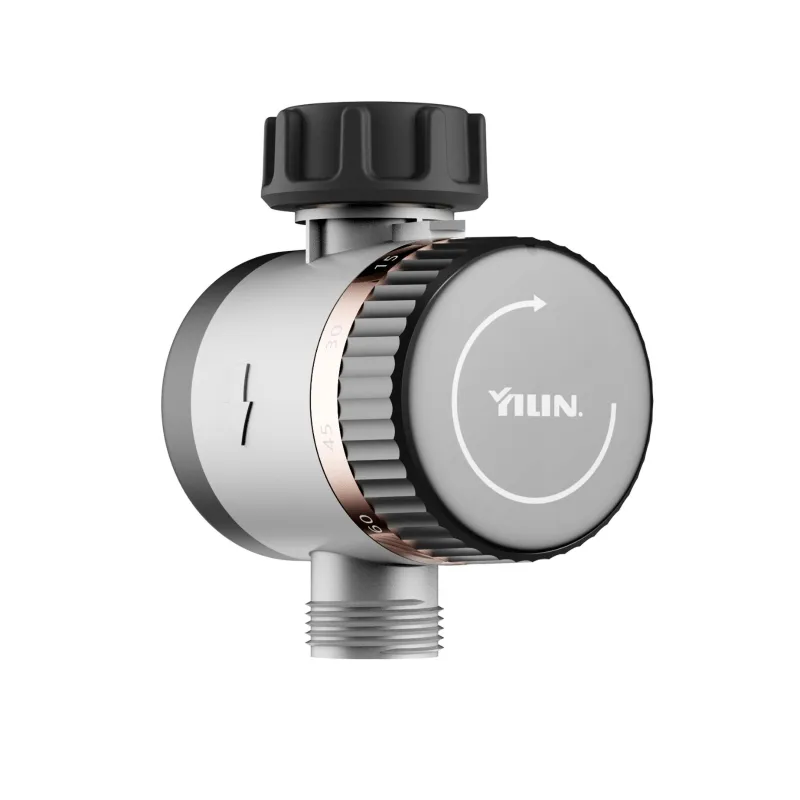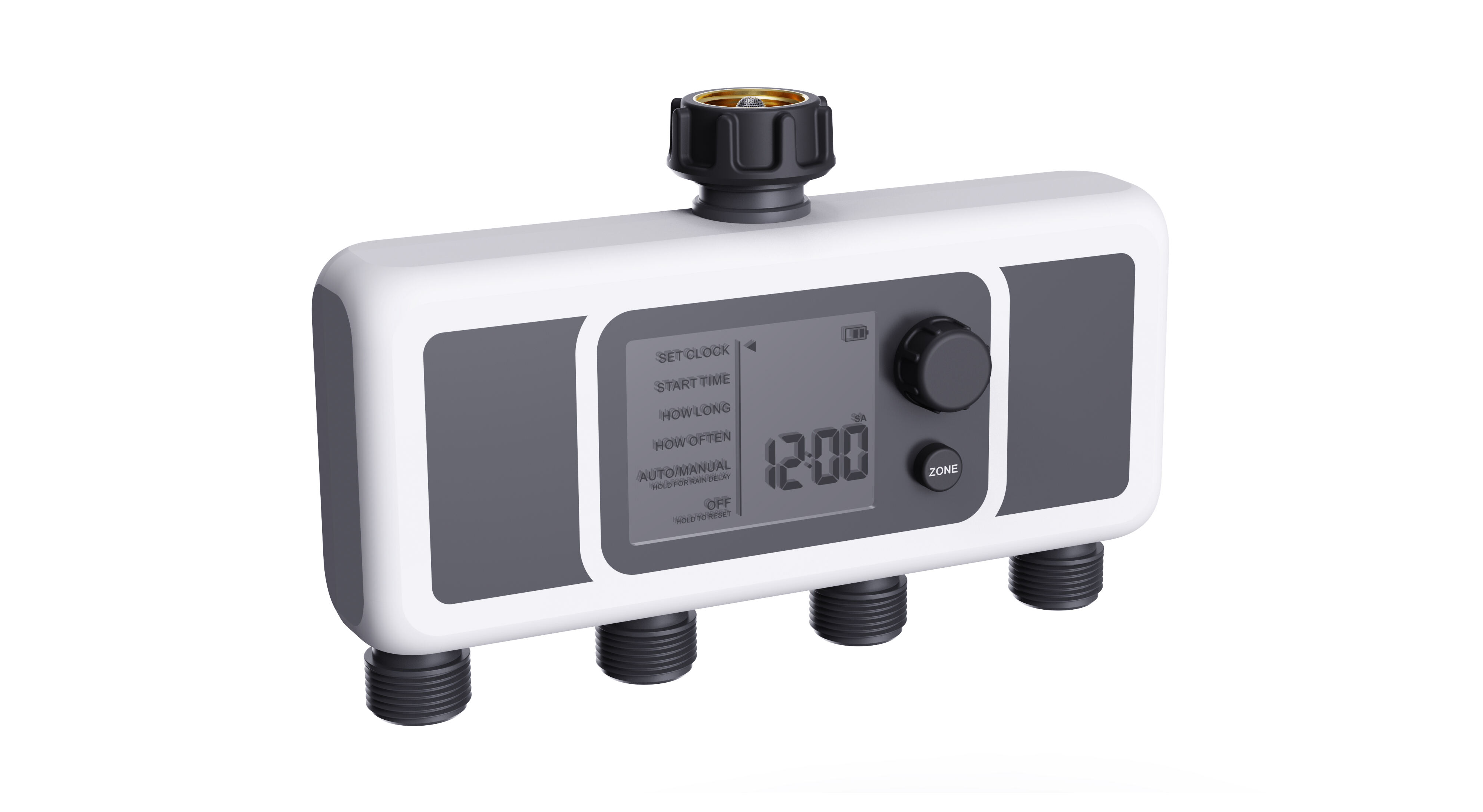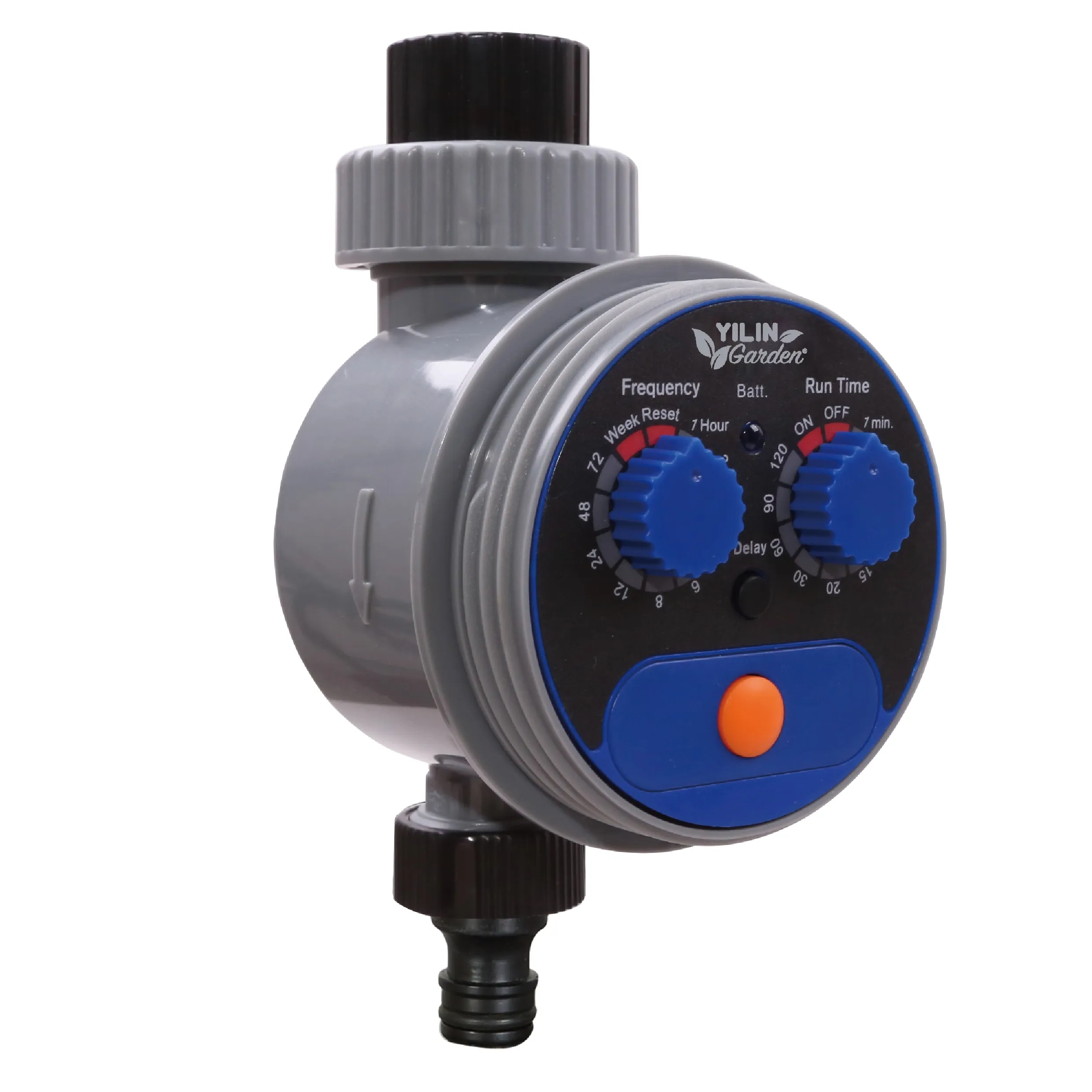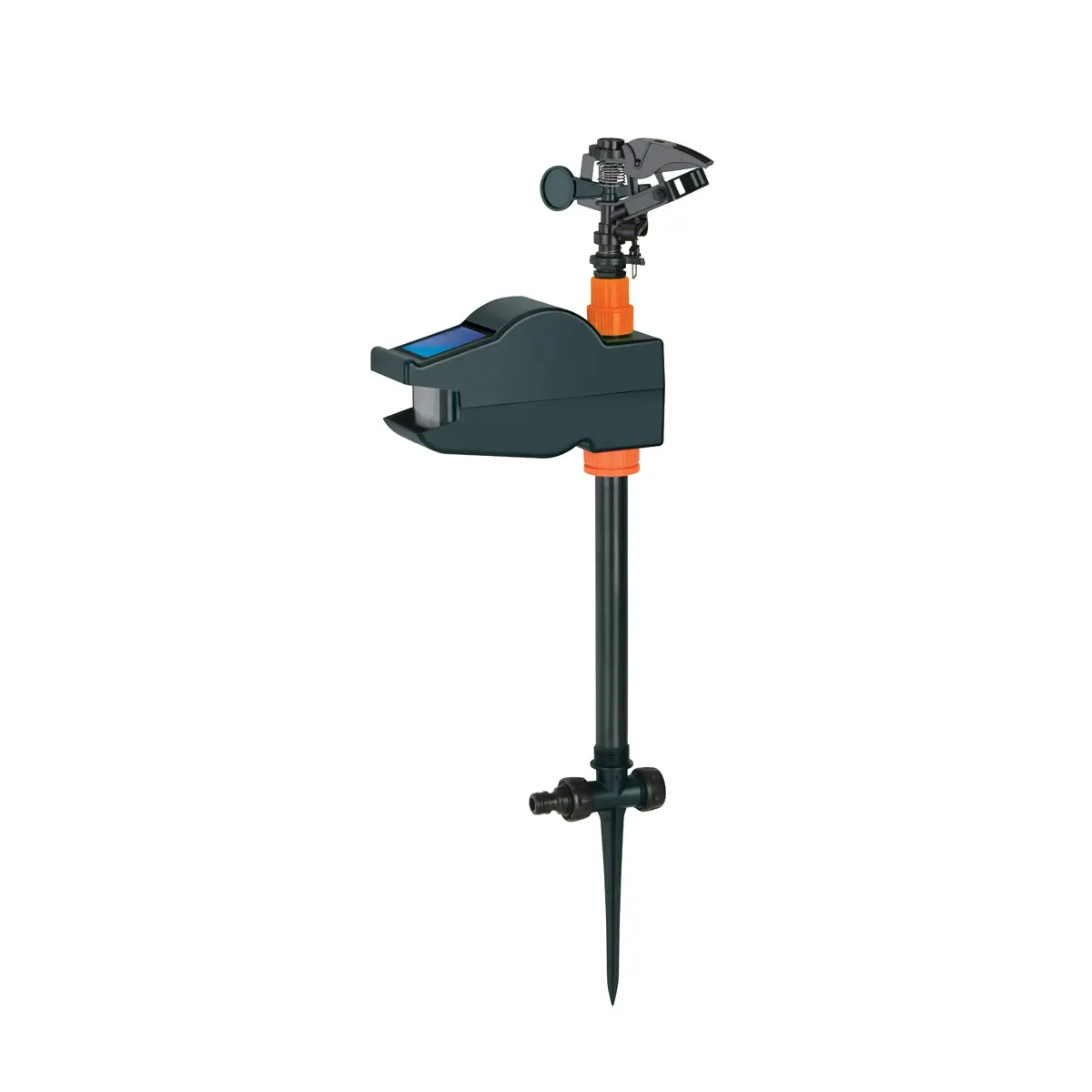solenoid pressure
Solenoid pressure refers to the force exerted by an electromagnetic device that converts electrical energy into mechanical movement through magnetic fields. This sophisticated mechanism consists of a coil wound around a movable iron core, which responds to electrical current by generating precise pressure control. When electricity flows through the coil, it creates a magnetic field that moves the core, producing controlled pressure output. The technology finds extensive applications across various industries, from automotive systems and hydraulic controls to industrial automation and manufacturing processes. In automotive applications, solenoid pressure regulators play a crucial role in transmission systems, ensuring smooth gear shifts and optimal fluid pressure control. The precision and reliability of solenoid pressure systems make them indispensable in modern manufacturing, where they control various processes including material handling, assembly operations, and quality testing. These devices offer exceptional accuracy in pressure regulation, with many models capable of maintaining pressure variations within 1% of the desired setting. The durability and longevity of solenoid pressure systems, combined with their quick response times and minimal maintenance requirements, make them a cost-effective solution for numerous industrial applications.

